April 24, 2023
risen to positions of authority and power in Australia, and Humphries did not shy away from mocking them on the public stage.
Do we divorce the artist from their art? Should we? Can we? Humphries cross-played and yet made upsetting transphobic comments on trans culture, meaning some of my community friends consider him a bigot and his comedy empty and his character portrayals hypocritical. True also of JK Rowling, whose social and political comments reveal a personality beset with prejudice. Does that negate her success with the Harry Potter books that shaped an entire generation in the 2000s? Picasso was a confirmed, self-confessed misogynist. Should we stop revering his art? Elvis Presley and under-age girls (way too many rock musicians it might be argued) – so, do we stop adulating his gift to music? In fact, the deeper into artistic talent you delve, the more you find that so many artists were/are relatively terrible people. Despite their amazing artistic talents, shouldn’t we be reviling them? Rare art is universal. Whether the art was being viewed/heard/read in Mongolia, or three thousand years ago in northern Africa, or in Brisbane 2020, the audience can identify with it – seeing familiarity or fresh light in themselves, or others, or places or things or actions. Universal art reflects emotions, thoughts, experiences, ideas humans have always had and most likely always will. The artist, in these cases, reflects humanity and life. This rare art evokes love, peace, fear, comfort – emotions universal to all humans – and even though the artists create the art, their individual personalities are subsumed in the art. The artist, as a unique person, disappears. Most art, however, is contextual, the product of a specific culture and moments in time and place. It reflects the values and beliefs of the artists, and the culture in which they live. The artist, as a unique person, is either deliberately visible or, at the very least, present behind the art. Universal art might garner criticism and opinion about technique and style and impact, but has no intrinsic intention to provoke political or social opinion. The artist can be judged as a ‘good’ or ‘not so good’ artist, because the artist’s personal life is not on display nor considered. The art can be appreciated for itself. Contextual art cannot avoid provocation. Its content, its subject, its intention will be wedded to its context and, beyond discussions of artistic merit, behind the art the artist can be judged as a ‘good’ or ‘not good’ person. The art can still be appreciated for itself, but there is every possibility its value will be affected by the values of the artist who created it. Or not. I was lucky enough to study Art and Aesthetics many years ago and the universal question of what constitutes good and not so good art was unanswerable. Why? We are humans. We make judgements. We choose to believe what we think is right and wrong, and those choices are predicated by a multitude of influences that form our beliefs, our prejudices, our platforms, our desires and so on. When we make judgements about art and the artists who create it, we are really only revealing ourselves and, in some small way, judging ourselves against our perceptions of good, bad and indifferent. The art remains what it is, even after the artist is long dead and possibly forgotten. Barry Humphries is dead. Vale an entertaining larrikin. His individual views of the world cease to be expressed. Dame Edna, along with all of Humphries’ work, will be consigned to historical records, in clips and references. Only his art will remain. Perhaps, hereafter, we can judge his art for itself. As for myself, I’m at a crossroad bouncing between three projects while I wait to see which one wants to dominate.
0 Comments
April 17, 2023
Why the rant above? Well, one character in my latest project is being constructed from resources like ‘The Light’ (and another is ‘tainted’ by conspiracist thinking). To create believable characters, writers delve into places, lives and experiences that their readers might not. For one project, for example – currently awaiting my return – I won’t be surprised if the AFP knock on my door because I am delving into sites and information I would morally stay away from under normal circumstances, but to create characters – to understand their motivations, their intentions, their fears and hopes to make them real – I am wandering carefully through a maze unfamiliar to my friends and family.
is for writers to either be directly involved with what they write about or to thoroughly research it. Like many people who came to Ben MacIntyre’s 2010 book or this recent film adaptation, I was pleasantly surprised to learn that Ian Fleming, James Bond’s creator, was a character in the story, and was directly involved with espionage in his career and obviously drew upon his experiences to write.
As I finish off, I’m making quick notes about two people who’ve just been ordering coffees. Be careful if you are anywhere around a writer – you may be written into a story. April 12, 2023
It’s really nice to have a comprehensive reply and I genuinely appreciate the effort the person who read the manuscript undertook because it has helped me shape how to make future approaches with this particular project. I will now prepare the manuscript for another publisher and send it away again.
Oh, and the criticisms? I’m happy with the length – it’s necessary to tell the story. The tale covers nine years and currently runs to 125,000 words. I can try to edit further, and perhaps make adjustments to shorten the manuscript. The central character is based on a real person so I am loathe to manipulate the character’s personality for the sake of creating false agency. It’s an historical setting where people like the central character generally did not have agency to be strong in the contemporary sense – strength for them was more in the form of resilience rather than heroic endeavour. I actually do agree with the editor’s criticism if measuring the work against contemporary presentations of similar characters. Perhaps I’m pitching it in the wrong publishing genre ie historical fiction. And the reading market might be narrow, given the historical context and character’s arc. That’s the risk in telling this particular story, and why I always have this project reserved for a self-published option So, some editing and then onto the next potential publisher it will go. In other developments, I started one of the two new projects and it has rapidly grown to 13,000 words, but it is exceedingly raw and I’m still ‘feeling’ out the style and characters. What I have also done is:
I hope you are all well out there. April 3, 2023
So, what now? Well, crazily enough, I am going to work on two projects simultaneously for a while to see how the writing and passion for each project develops.
Project One: The first is a novel – Australian content, contemporary, men’s issues, drama. I’ve mulled over this one for several years and, as time has passed, the material I want to explore becomes increasingly relevant. The scenario, in short, is created around a group of men in their fifties and early sixties who played basketball together as young men, but have gone different ways since their twenties. They agree to reunite after many years apart for a Masters Games and get together on a houseboat for a weekend to become reacquainted. Events unfold from there. Project Two: Forty years ago I began drafting a guide for people new to teaching, or considering teaching as a career. Plenty of research shows that teachers either burnout of leave the profession in the first five years, nearly always because what they are told or think teaching is about is nothing like the reality. All the hype about improving teaching methodologies and philosophies and academic and political claptrap give the impression that teaching is basically learn some stuff, teach it to children, assess it, do some professional development to prove you’re improving too, and you’re done. Move on. In fact, teaching is so much more than that and I want to publish a layman’s guide that refers to everything no one is taught except on the job – yard duties, reliefs, attitudes, paperwork, relationships, extracurricular, personal life, stressors etc etc. Again, people who know me know this is a passion. The final work is not meant to be an academic textbook, although it will necessarily contain research. I’m hoping it becomes a resource people read to understand what it really means to take up teaching as a profession, and shift thinking when it comes to the endless and often empty and pointless debates about teacher workloads and conditions away from lies and ignorance (breathe, Tony, breathe). Today, the new projects begin: one for morning writing sessions, one for afternoon writing sessions. Lunch will be head reset time. |
AuthorWriting is my passion. Ideas, opinions, beliefs, experiences expressed through language - through words and images - pervade and create my life. Writing is my voice, my soul, my self. My dream is one day writing will sustain my life... Archives
July 2024
Categories |
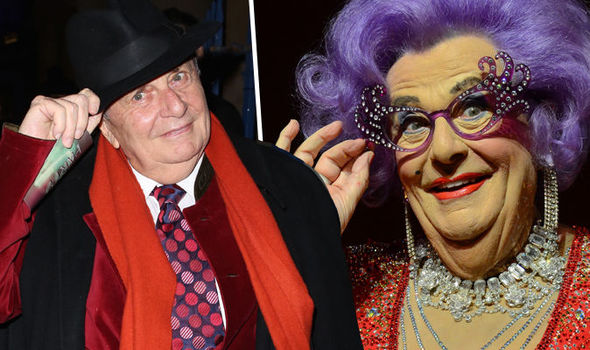
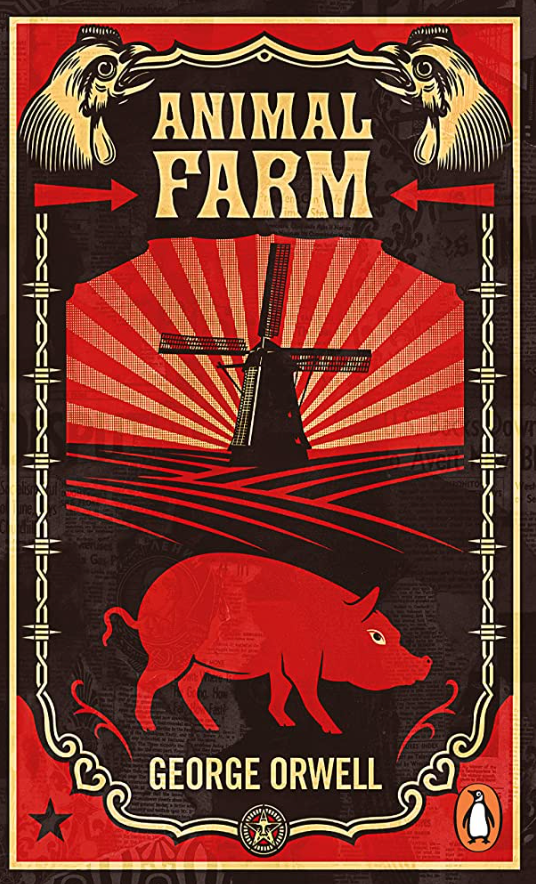
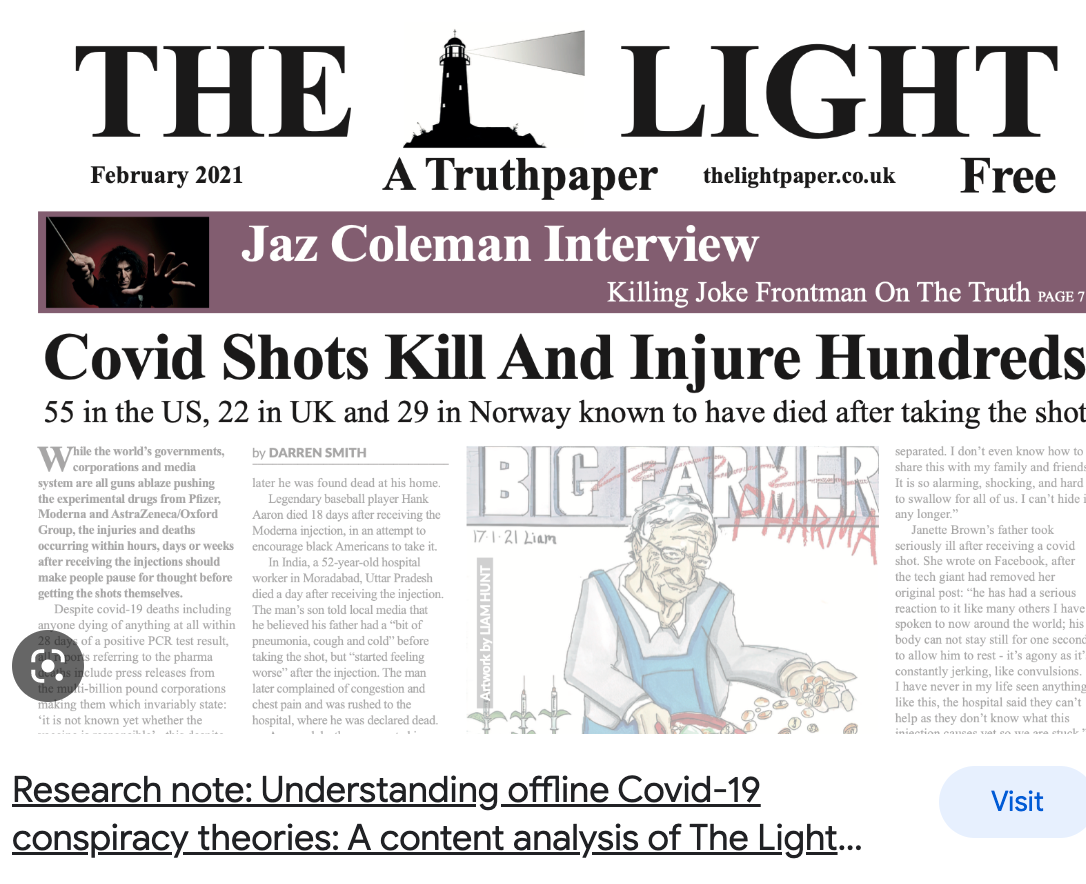
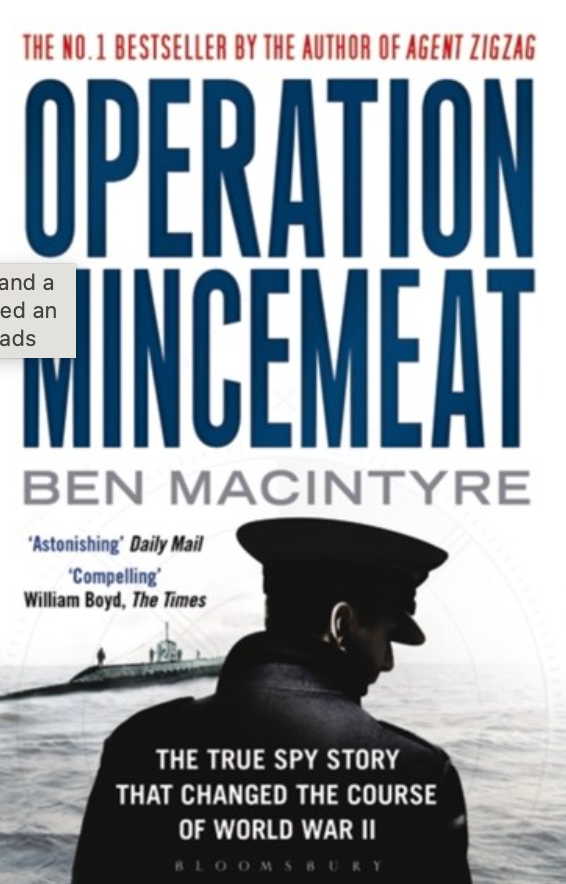
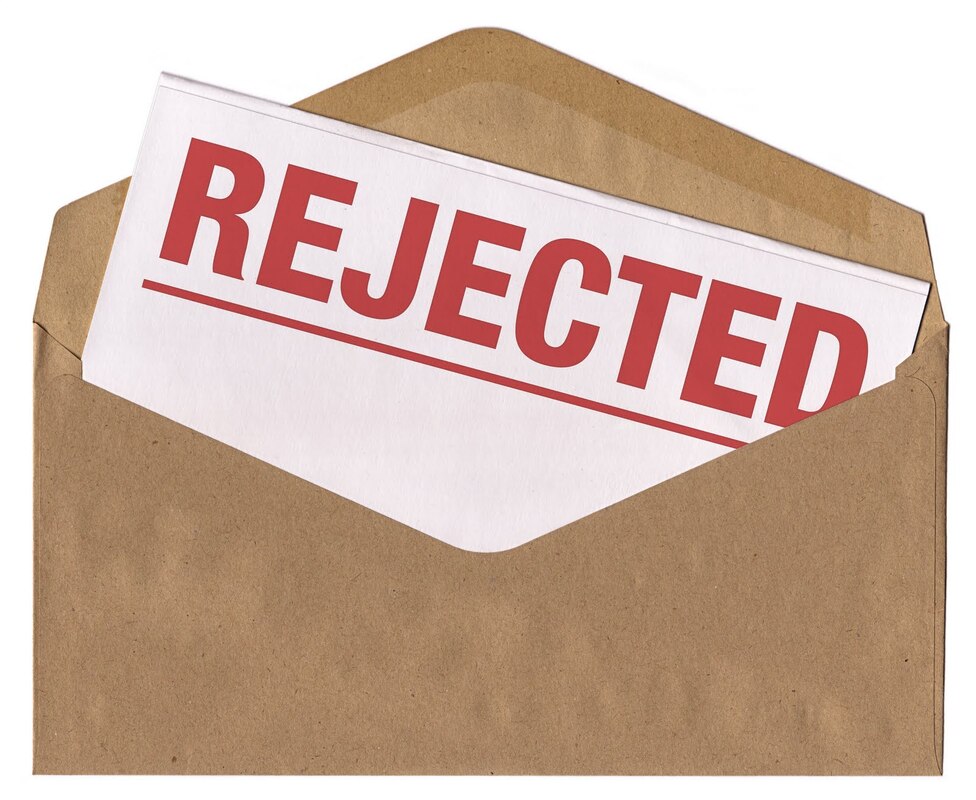

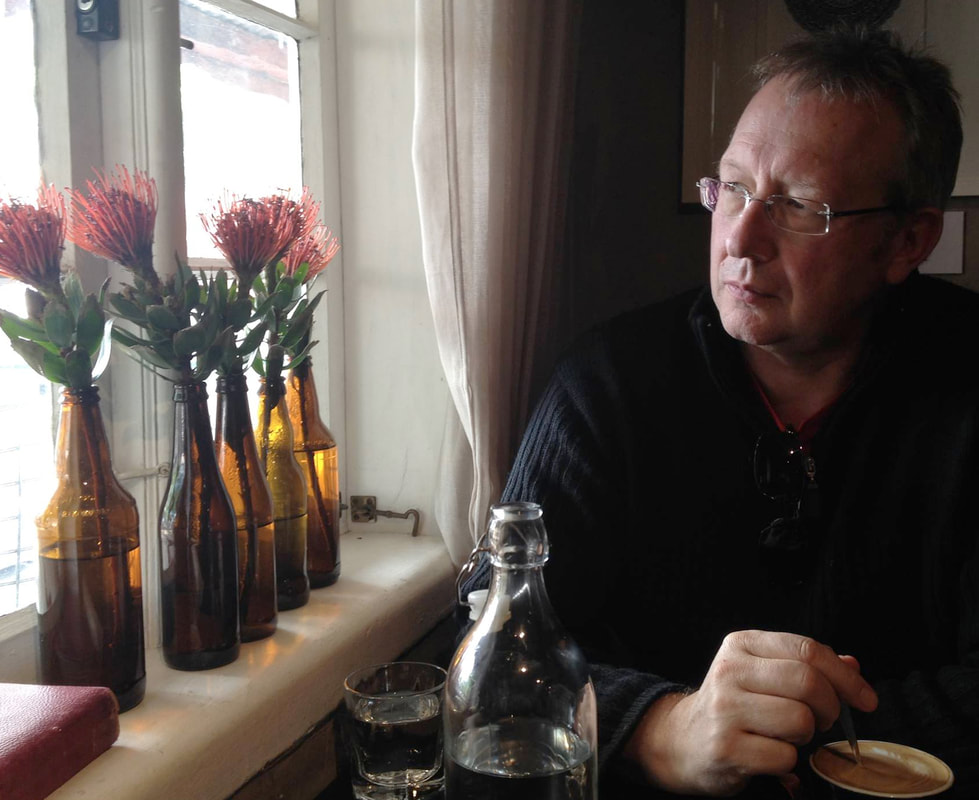
 RSS Feed
RSS Feed